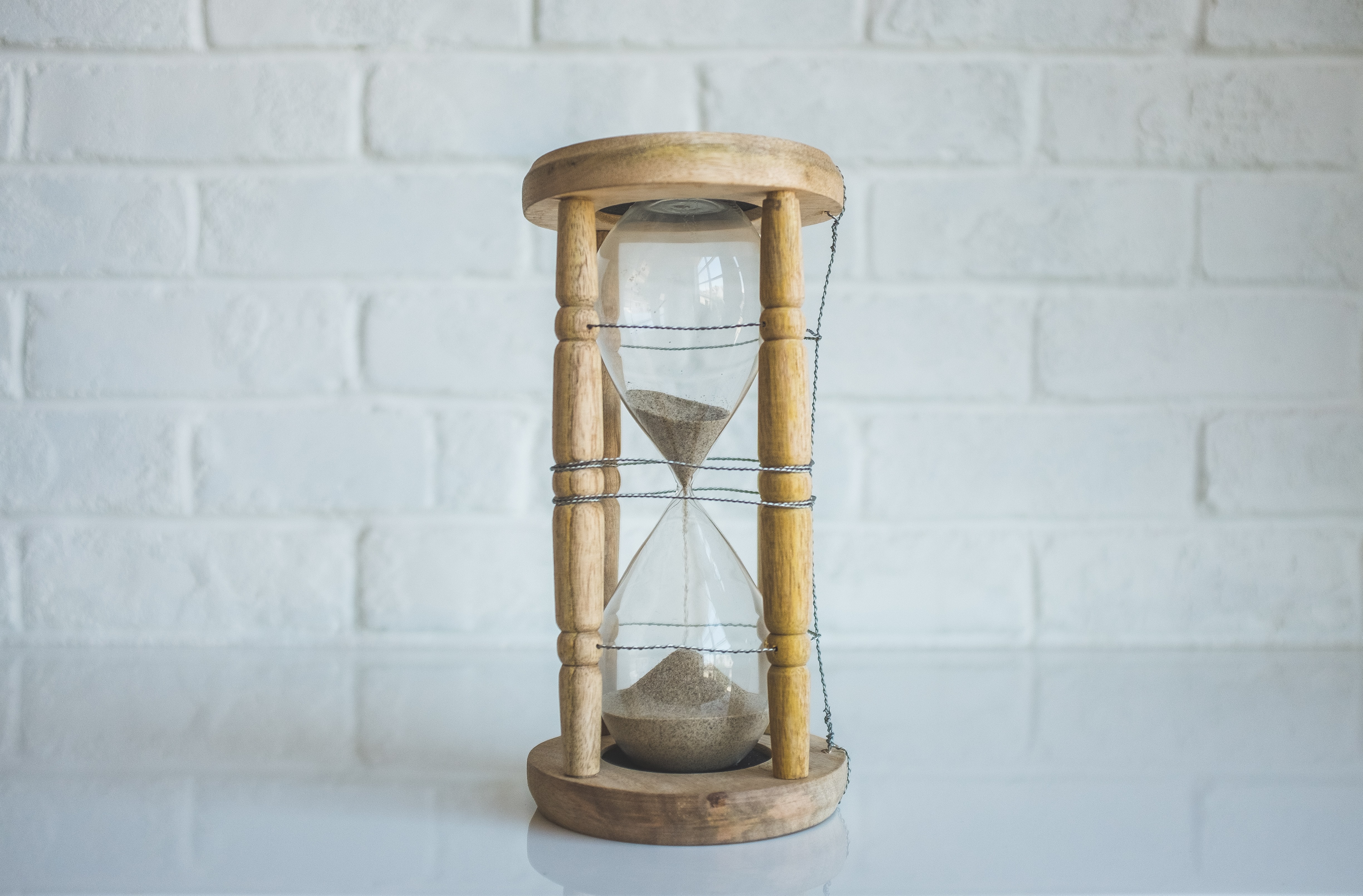Most of us tend to do too many things. We sign up for many projects at work, start different side-projects at home. We are always planning what to buy next or how to fix something at home. The amount of things to do is never-ending.
When I was in grad school, I came to know a guy who was a jack of all trades: he was a star basketball player, was in a variety of clubs, did this and that. I used to wonder why I couldn’t be like him. He slept for only six hours per day. Can I not do that, I asked myself?
But, as I reflect now, it is clear that doing too many things is sub-optimal.
For one, you only have a limited amount of time. When you do something, you are not doing something else. If instead of doing task-A, you did task-B. task-A could be an hour of sleep that you lost or an hour of writing you could have done. It’s easy to think whether doing task-B over task-A is beneficial. Suppose doing task-A produces a marginal utility of X units while task-B produces Y units. If X < Y, then doing task-B makes sense.
Right?
Not really. Thinking about the utilities on a short-term basis can be misleading. Let’s consider this situation where task-A is something you could be doing every day at a specific time. And so every day when the time arrives, you decide if you should do task-A, or choose a new task (e.g. task-B).
Now, we can consider a scenario where every day you stick to task-A. So after doing it twice for two days, you have accumulated roughly 2X units of reward. But what’s interesting is that if you do that every day for a year, the reward is not 365X. It is much more, thanks to compounding. I can’t give a precise number, but it could be a lot more, 1000X or more.
Case in point: Ali Abdaal is a famous YouTuber with almost two million subscribers as of this writing (July 2021). He started making videos a few years ago. He cranked out roughly one per week without giving up or failing. Initially, the reward was almost linear (or probably worse). Only after a year or so, the view count and the subscriber count started growing exponentially: compounding at work.
If you consistently read a book every day, your knowledge will grow exponentially. Some people chose to write consistently and ended up with book deals (example).
So every day, you have a choice: do task-A consistently or do a different task. A new task-B to may show up on your horizon to ponder over, which may sound exciting and more rewarding. But you are losing out on the compounding in the long term.
And this brings us back to the original topic of discussion: doing too many things.
It is, of course, a good idea to explore a variety of things, but it shouldn’t be the norm. Doing many things will help you figure out what works and what doesn’t, but you have to pick a task-A and settle with it. Don’t lose focus, and don’t clutter your life. Let compounding do its magic for you.

 Iatrogenics
Iatrogenics